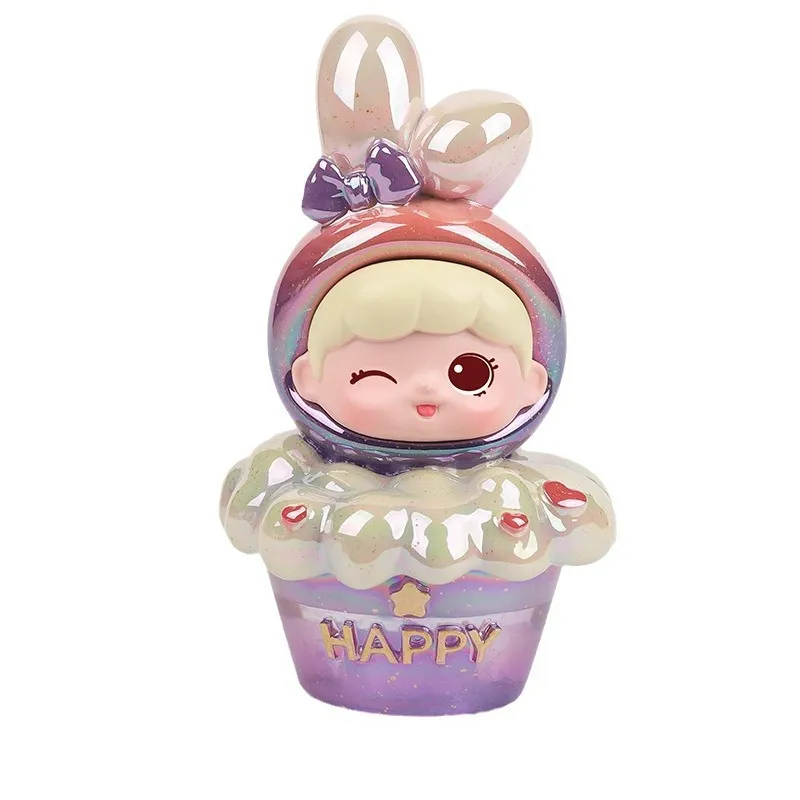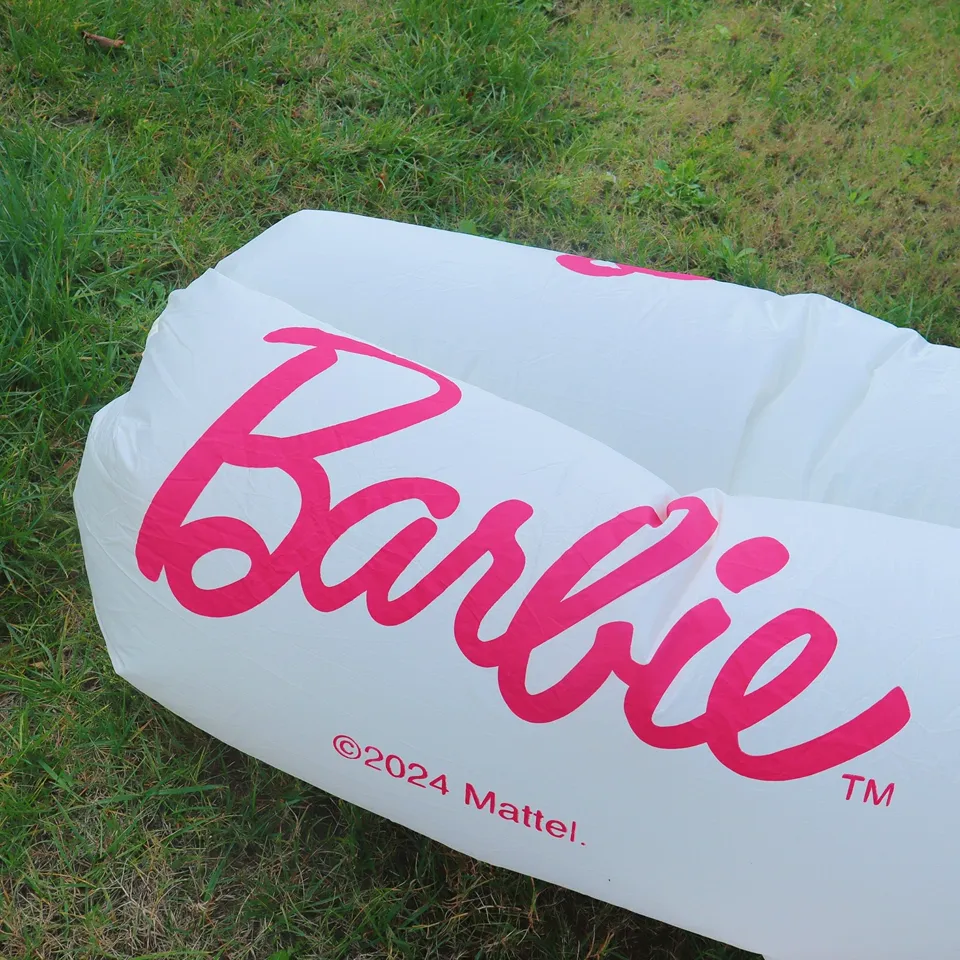In conclusion, while antihistamines can offer limited support in the management of horses with heaves, they should not be viewed as a standalone solution. A holistic approach that includes rigorous environmental management and possibly other medications, such as bronchodilators and corticosteroids, is often necessary to achieve optimal control of the condition. Horse owners must consult with their veterinarians to craft a tailored strategy that effectively addresses both the clinical signs and the underlying causes of heaves. With the right combination of treatments and management practices, many horses can lead comfortable and active lives despite their respiratory challenges.














